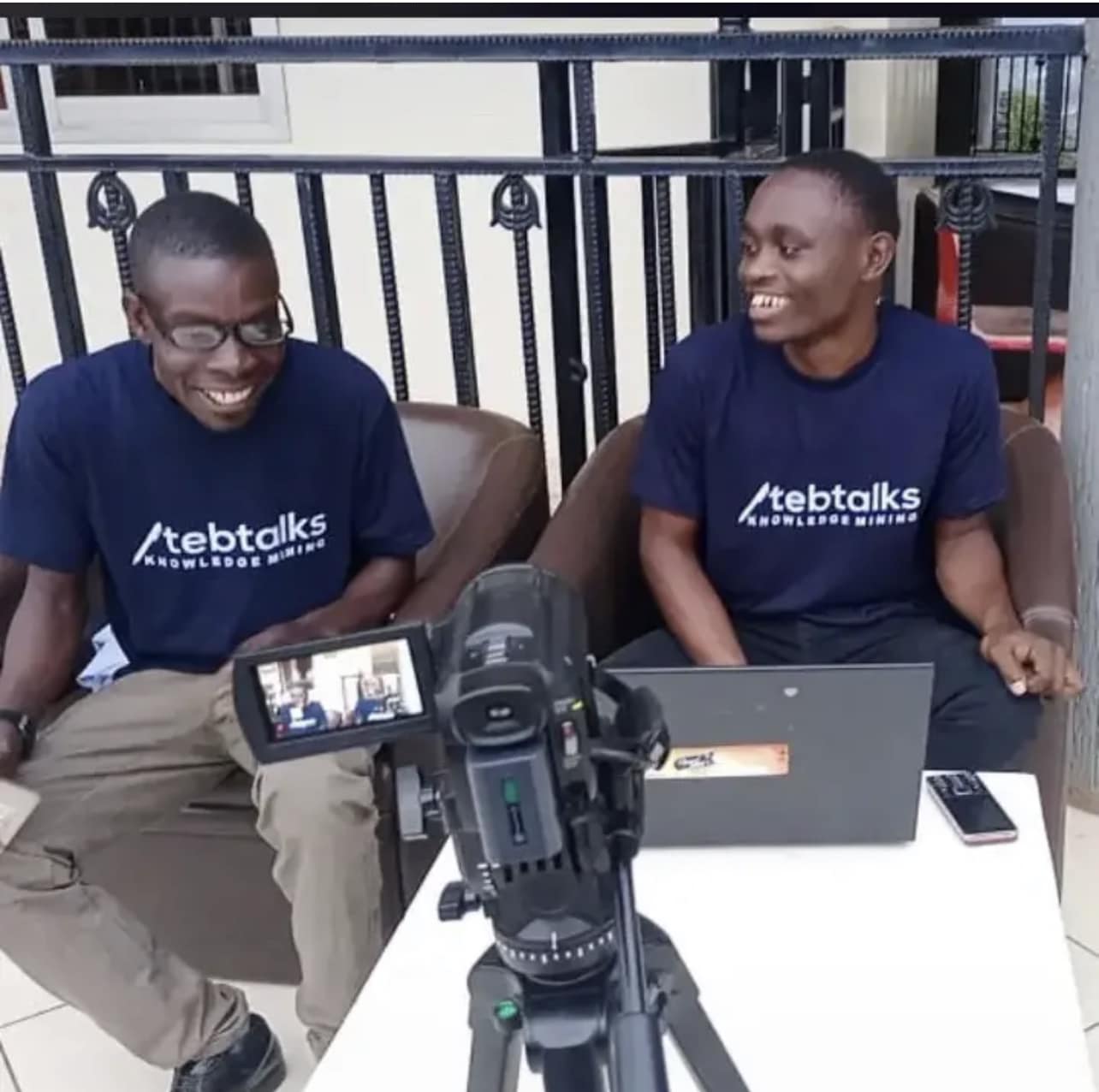CULTURAL SIGNIFICANCE OF LANGUAGE IN UGANDA.
What is the cultural significance of language in Uganda?
Language plays a vital role in Ugandan culture, reflecting the country's rich linguistic diversity and cultural heritage.
Here are some aspects of the cultural significance of language in Uganda:
1. _Identity_: Language is closely tied to identity, with each language group having its unique culture, customs, and traditions.
2. _Community and belonging_: Language connects people to their community and reinforces a sense of belonging.
3. _Cultural expression_: Language is a primary means of expressing cultural values, beliefs, and practices.
4. _Oral tradition_: Many Ugandan languages have a strong oral tradition, with stories, myths, and history passed down through generations.
5. _Respect and etiquette_: Language is used to show respect, with specific words and phrases used to address elders, chiefs, or other authority figures.
6. _Storytelling_: Language is used to share stories, proverbs, and riddles, which convey moral lessons and cultural values.
7. _Music and dance_: Language is often used in music and dance, with lyrics and rhythms conveying cultural messages.
8. _Education and knowledge_: Language is used to pass on knowledge, skills, and cultural practices from one generation to the next.
9. _Social cohesion_: Language can bridge cultural divides, facilitating communication and understanding among different language groups.
10. _National unity_: English, as the official language, promotes national unity and facilitates communication across language barriers.
In summary, language is deeply embedded in Ugandan culture, reflecting the country's diversity, history, and values. It plays a crucial role in shaping identity, community, and cultural expression, making it an essential aspect of Ugandan society.
CULTURAL SIGNIFICANCE OF LANGUAGE IN UGANDA.
What is the cultural significance of language in Uganda?
Language plays a vital role in Ugandan culture, reflecting the country's rich linguistic diversity and cultural heritage.
Here are some aspects of the cultural significance of language in Uganda:
1. _Identity_: Language is closely tied to identity, with each language group having its unique culture, customs, and traditions.
2. _Community and belonging_: Language connects people to their community and reinforces a sense of belonging.
3. _Cultural expression_: Language is a primary means of expressing cultural values, beliefs, and practices.
4. _Oral tradition_: Many Ugandan languages have a strong oral tradition, with stories, myths, and history passed down through generations.
5. _Respect and etiquette_: Language is used to show respect, with specific words and phrases used to address elders, chiefs, or other authority figures.
6. _Storytelling_: Language is used to share stories, proverbs, and riddles, which convey moral lessons and cultural values.
7. _Music and dance_: Language is often used in music and dance, with lyrics and rhythms conveying cultural messages.
8. _Education and knowledge_: Language is used to pass on knowledge, skills, and cultural practices from one generation to the next.
9. _Social cohesion_: Language can bridge cultural divides, facilitating communication and understanding among different language groups.
10. _National unity_: English, as the official language, promotes national unity and facilitates communication across language barriers.
In summary, language is deeply embedded in Ugandan culture, reflecting the country's diversity, history, and values. It plays a crucial role in shaping identity, community, and cultural expression, making it an essential aspect of Ugandan society.









